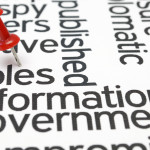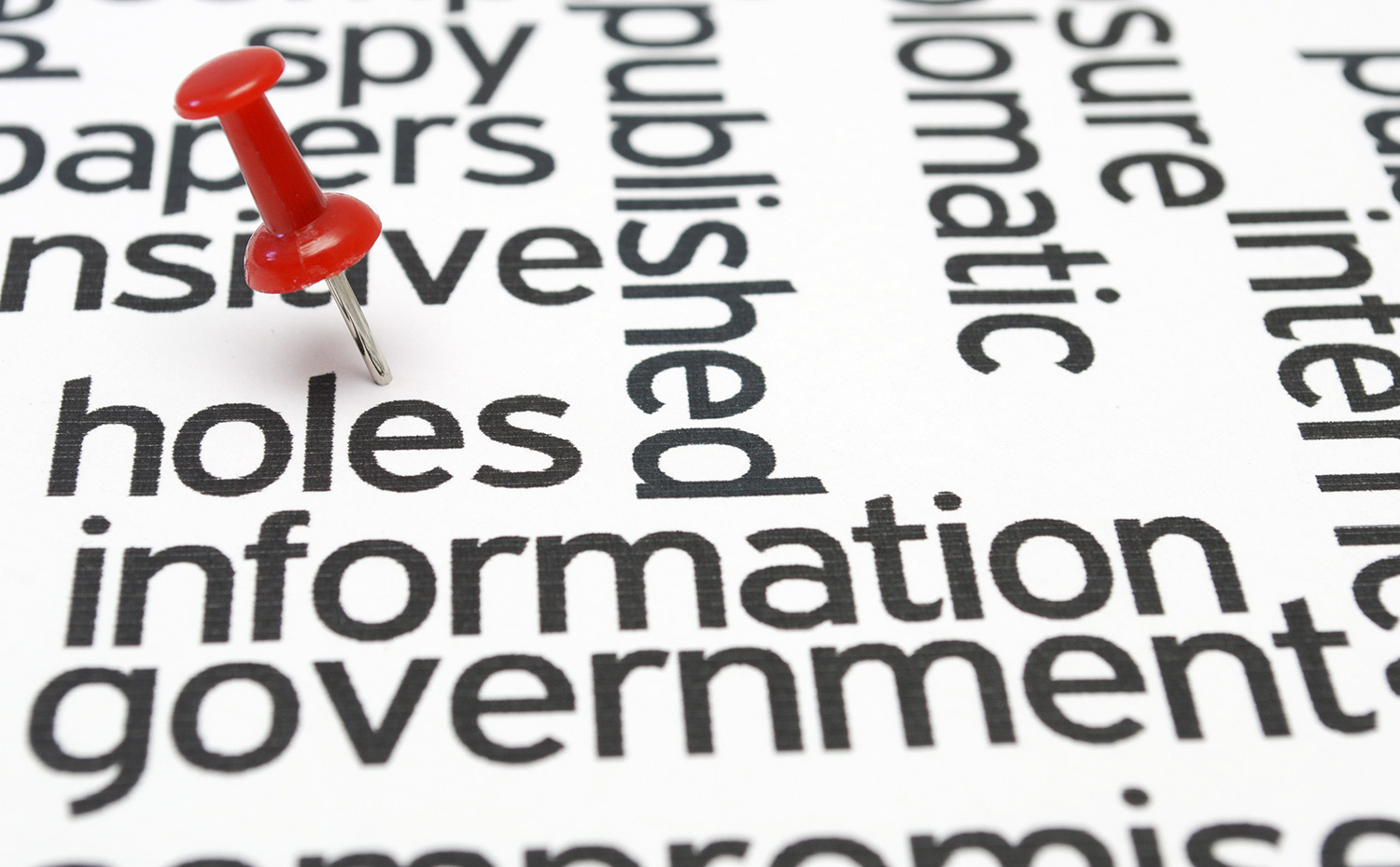 By Ron Benvenisti. Now that the Mid-Term elections are over, the time is now to for Government to be committed to and be fully engaged with the proven benefits offered in the digital age.
By Ron Benvenisti. Now that the Mid-Term elections are over, the time is now to for Government to be committed to and be fully engaged with the proven benefits offered in the digital age.
We must not overlook the greatest opportunity for our local government to redefine itself as an enabler of innovation, a champion of social and economic progress and a model of how to get things done for its constituents.
Jack-In-Box or Out of the Box
Governments believe nothing is beyond their control. Politicians think they have to support every type of program and project. Donald Kettl, professor at the School of Public Policy and a nonresident senior fellow at the prestigious Brookings Institution called this approach “vending-machine government.” In this model, citizens pay taxes in return for one-size-fits-all services. Sound familiar?
Here’s the question: If the “vending-machine” government doesn’t work, what does? How does government remake itself in the exploding interconnected, digital world?
Let’s start with the information we collect as part of routine operations: 311 requests, building permit applications, all sorts of inspection reports, traffic and infrastructure data, school attendance data, etc. When collected and viewed in perspective, they form pieces of a puzzle that can unlock new solutions to old problems. Government leaders must realize that there is enormous strategic value of so much available data right under their noses. Now, the most important function of modern government is to realize the value of this data, collect, consolidate and disseminate what’s already at their fingertips and grasp its strategic value and impact on improving services across the board.
When politicians embrace their role as providers of valuable data and data services, they will transform the way government works to the benefitof their diverse constituents.
Economic Stimulation
How about stimulating economic activity revenues without additional taxation? McKinsey Global Institute estimates the open data economy can unlock millions, if not billions of dollars for local governments in education, transportation, health care, consumer finance, oil and gas, electricity and even consumer products.
Access to Government Services
How about the apps you use every day on your iPhone or Smartphone. Do you see any government apps in the app stores? Consumer apps used by hundreds of millions of people are leveraging the same type of “open” data to enrich their services and help people like us to better connect their with the news and events in their local communities.
For example, Yelp uses restaurant inspection data to add a government health score to its restaurant ratings. And when you are looking for a house or a place to rent, you might use Zillow, a notable example of a technology startup flourishing on open data.
Quality of Life
Open data can vastly improve quality-of-life in ways only a government-as-a-platform business model can enable. Would government have created consumer apps like Porch (for finding a local building contractor)? And would government have created OPower (to help lower your energy bill) or BillGuard (for tracking your spending and preventing fraud)? It isn’t likely. However, government did not have to “create” these services. It just needed to supply the data. This is something that we started to deploy on nyc,gov when I was Associate Commissioner there in the late nineties and it has grown enormously to provide previously unheard of services to New Yorkers and visitors to the city.
Governance Driven by Data
Governance is the definition of how government works and in the digital era, utilizing all of the available open data is a strategic advantage not only for streamlining resources but providing value in money and time saving services to constituents. The data under our noses provides a fact-based decision-making framework that not only provides improved performance but transparent accountability. Government leaders are encouraged to set clear, measurable goals for their organization and rigorously track performance against those goals. What gets measured, gets done. It’s like the carpenter’s adage, “Measure twice, cut once”, except with the proper data platform the measuring is accurate and is already done and the appropriate action can be taken without special interests. Available data can help do more things more efficiently. How about apps to provide constituent input. By providing cloud based Town Meetings on the net or video chat allowing user input, government is now crowd-sourcing new data which can provide insights impossible to collect before. The business world has been leveraging such crowd sourcing to their and their customer’s advantage for years. Take Amazon’s review process for example. They learn which products are of higher quality and which of their vendors are providing the best level of revenue and customer service.
Improving Operations
By deploying a cloud based information-sharing infrastructure, government organizations can reinvent themselves to become more agile and efficient. Aging systems that place a burden on resources, are slow to operate, require multiple technologies to access vital data across incompatible platforms take too much time to deliver information to provide vital services in a timely fashion, frustrating users and delaying vital services for childcare, family services and support become things of the past. As these services become required more and more with each growing day, an open data platform can vastly improve and scale programs faster and more easily.
By consolidating and reusing information technology assets, staff and constituents receive a vastly improved level through self-service access to information. The cloud based platform provides a reduced system maintenance burden with more secure access and privacy. Agencies and affiliated organizations (like a Chamber of Commerce or Town Committee) can save millions in technology and staff costs.
More revenue, less taxation, increased economic opportunities, less waste, more agility and scalability in providing vital services and more transparency all around. This is not a utopian vision. If it could be done for a municipality as large as New York it can be done in the smallest towns. Township and City mayors, county administrators and agency leaders need to start bringing this vision to life for a better quality of life for its constituency. The means already exist and the data is readily available now.
We must accept nothing less.
For any questions or more information I can always be contacted via LinkedIn. You can connect to me by choosing: Colleague: IT Security Columnist for The Lakewood Scoop in the dropdown box.
Ron

